Ofwat has now clarified charges for businesses which are closed as a result of COVID-19. Their approach will exempt many closed businesses, but not all, from water charges. To help you minimise your water charges, here are some useful tips.
Update as of 2 April
Ofwat and MOSL issued a joint letter to all water companies in England on 2 April which provide further detail of charging to vacant sites. Importantly, this states that “if on the business returning to operation, it transpires that water was consumed at that premises, then the Retailer will be billed for it”.
In addition, the version of MOSL’s guidance document about vacant charging on its website is different to the one discussed before the Codes changes were implemented. This now requires “clear and convincing evidence” that your premises are closed. It is unclear exactly how this will be judged, although we would expect that it will be sufficient for you to complete Castle Water’s online form.
What you should do
If you have had to close your business premises as a result of COVID-19, please let us know.
If you have closed your business, please keep any evidence of this filed for example, internal emails to staff; screenshots of the website with a datestamp etc (further examples in this article). This means that if your Wholesaler were to request evidence of your business closure, we can provide it to them on your behalf.
If you have informed us that you have closed, we will issue a final invoice for now and then issue a new invoice once you re-open. Please endeavor to pay your water charges if you are able as this means there is sufficient funding to provide a clean, safe water supply.
Ofwat clarification on charging for closed businesses
On Monday (30 March) Ofwat made an important change to the Market Codes – the series of contractual documents that determine charges for water for non-household customers. This includes businesses, charities and public sector bodies.
This change provides clarification that premises closed due to COVID-19 are treated as Vacant, and therefore not charged for water. Castle had already taken the view that businesses closed due to COVID-19 should be treated as vacant and not charged. All water retailers are now required to follow this change.
Now, the definition in the Codes is that a premises is treated as vacant if it:
a. is not open or available to workers, the public or visitors; or
b. has seen a significant decrease in its usual activities. Significant here means a reduction of 95% or more.
There are exceptions to the exemption that Ofwat is making, of which customers should be aware:
- A business has had to reduce its activity by at least 95% to be classed as Vacant and not charged. It’s unclear what is meant by “activities”. Thames Water is interpreting this as reducing water consumption by 95%, but there is no guidance from Ofwat as of yet.
- The effective date for this is 16 March. Customers who had voluntarily decided to close their business (including to follow Government advice or requests) are charged for the period prior to 16 March. We are unsure of the rationale behind this – it is set out in a guidance document published by MOSL, the Market Operator, which is referred to in the new rules in the Codes.
- This exemption is due to expire automatically after 2 months unless extended by Ofwat.
You may need to provide evidence you have closed
Although the MOSL guidance, which is referenced in the Codes, has defined that a business that is closed can be exempt from charging based on being “the type of business that was ordered to close from 23 March 2020”, Wholesalers may not accept this. Thames Water has written to Castle requiring evidence, examples of which are: customer website showing closure; email or phone contact from customer; photographic evidence of closure; meter readings; webform submitted by customer etc.
It will help if you have evidence available and the date of closure, in the event that Wholesalers challenge whether you have been closed.
You can still be charged if you have metered usage
Update as of 2 April
Ofwat and MOSL are now stating that all metered consumption will be charged even if you are closed, rather than just in the case for customers within Wholesale areas which allow in their tariff document for charges to be levied when sites are vacant.
There is also a regional variation on whether you are charged if you continue to use water at your premises. This is set out in the MOSL guidance document CPW091: Temporary Changes to Vacancy. This states “It should be noted that if a premise has used consumption during a vacant period the charge is assumed to be genuine and as such deemed not to be Vacant. If this consumption spans pre-Vacancy or post reversion the consumption will be charged in the occupied period.”
Customers could end up in the position where they are charged for waste but not water, for example, if they are a Thames customer for waste and a South East customer for water. We believe this to be anomalous, and have written to Wholesalers and Ofwat challenging this however, Castle is unable to change this without action from Ofwat and the relevant Wholesalers.
MOSL provides the following details of which areas charge for usage while vacant:
| Water | ||
|---|---|---|
| Wholesalers that do not apply charges for vacant premises | Wholesalers that levy volumetric charges against vacant premises | Wholesalers that levy volumetric and non-volumetric charges |
| Dee Valley Water | Albion Water | SSE |
| Welsh Water | Icosa Water | Veolia |
| Independent Water | Affinity Water | |
| Northumbrian Water | Anglian Water | |
| Severn Trent Water | Bristol Water | |
| Sutton Water | Peel Water | |
| United Utilities | Portsmouth Water | |
| Wessex Water | South Staffordshire Water | |
| Yorkshire Water | South West Water | |
| Southern Water | Thames Water | |
| South East Water | ||
| South Staffordshire |
| Sewerage | ||
|---|---|---|
| Wholesalers that do not apply charges for vacant premises | Wholesalers that levy volumetric charges against vacant premises | Wholesalers that levy volumetric and non-volumetric charges |
| Dee Valley Water | Anglian Water | SSE |
| Independent Water | Icosa Water | Veolia |
| Northumbrian Water | Peel Water | |
| Severn Trent Connect | South West Water | |
| Severn Trent Water | Thames Water | |
| Sutton Water | ||
| United Utilities | ||
| Wessex Water | ||
| Yorkshire Water | ||
| Southern Water |









